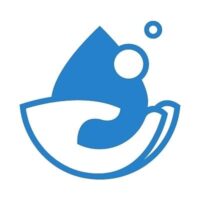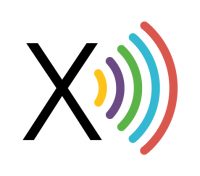On the heels of these distressing reports the Central Eastside Industrial Council petitioned the City of Portland to form an “Enhanced Service District,” citing growing problems with bio-waste, trash, and people sleeping on sidewalks. They proposed to collect close to 3 million in real estate fees, intending to spend two thirds of those funds employing a private security force to patrol public space. The final third was designated to cleaning up street waste and graffiti removal.
When we failed to convince the City and the Central Eastside property owners to reallocate security funds to create sanitation and safety infrastructure, we began organizing with our houseless neighbors to design and envision a peer-run hygiene, sanitation and safety hub that might address the shared problems housed and unhoused Central Eastsiders were experiencing.
As Commissioner Meieran said on our opening day, our little hub stands as proof of what we “accomplish when we get together, and work with people who are most impacted by our different and ineffective systems and figure out what people genuinely need and want.” A visit to the Hub for foot care can circumvent visits to the ER, which frequently ends in the loss of toes, feet, or legs. As Commissioner Eudaly passionately stated: “It shouldn’t be this hard to do something this essential.” We agree. Our purpose is to pave the way to making it easier.

